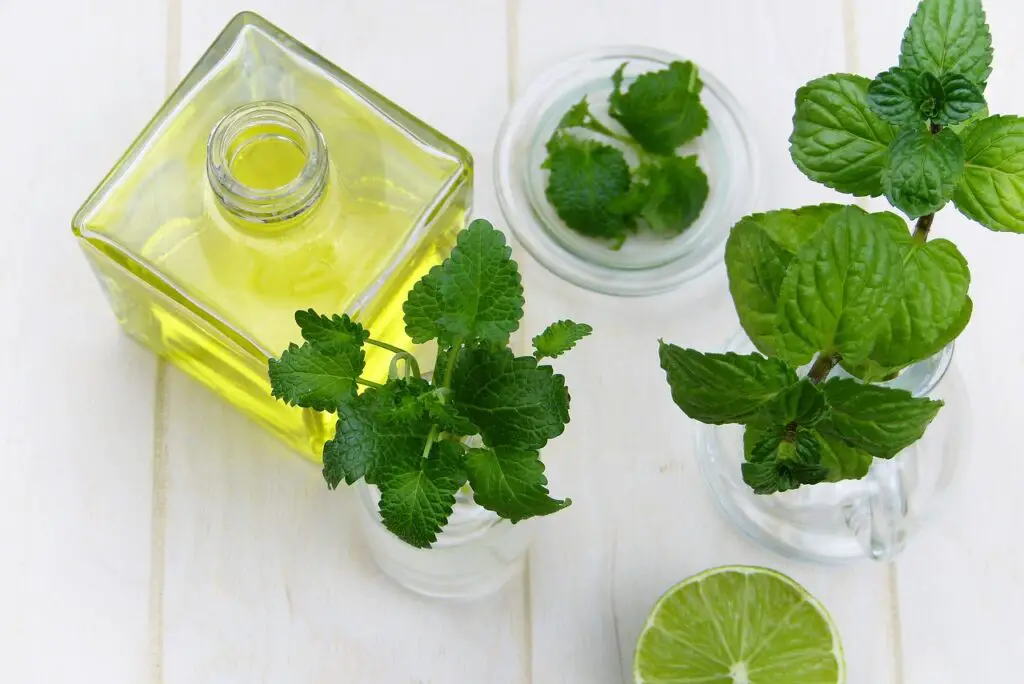Facial oils have gained popularity in recent years as a game-changer in skincare routines. These luxurious oils offer numerous benefits and can be a valuable addition to your daily skincare regimen. However, with a wide variety of facial oils available in the market, it’s crucial to find the perfect match for your skin type. In this article, we will explore the benefits of facial oils and guide you in selecting the ideal facial oil for your specific skin needs, ensuring a radiant and healthy complexion.
1- Understanding Facial Oils and Their Benefits:

Facial oils are concentrated formulations that contain essential oils, plant extracts, and nourishing ingredients. They work by providing the skin with a boost of hydration, essential nutrients, and antioxidants. The benefits of facial oils include:
- Deep Hydration: Facial oils help to lock in moisture, preventing water loss and keeping the skin hydrated throughout the day.
- Nutrient-Rich: They are packed with vitamins, minerals, and fatty acids that nourish and replenish the skin, promoting a healthy and youthful appearance.
- Antioxidant Protection: Many facial oils are rich in antioxidants, which help to neutralize free radicals and protect the skin from environmental damage.
- Skin Barrier Support: Facial oils strengthen the skin’s natural barrier, improving its ability to retain moisture and defend against external aggressors.
- Balancing Properties: Contrary to popular belief, facial oils can benefit all skin types, including oily and acne-prone skin. They help regulate sebum production and restore balance to the skin.
2- Identifying Your Skin Type:

Before choosing a facial oil, it’s essential to identify your skin type. Here are the common skin types and their characteristics:
- Dry Skin: Often feels tight, rough, and prone to flakiness. It may lack natural oils and require extra hydration.
- Oily Skin: Skin appears shiny, especially in the T-zone area. It is prone to breakouts and excess sebum production.
- Combination Skin: A combination of both dry and oily areas. The T-zone tends to be oilier, while the cheeks may be drier.
- Normal Skin: Well-balanced skin with few concerns. It has a healthy complexion and a good moisture balance.
- Sensitive Skin: Easily irritated and prone to redness, itchiness, and reactions. It requires gentle, soothing ingredients.
3- Choosing the Right Facial Oil for Your Skin Type:

Now that you understand your skin type, you can select the perfect facial oil that addresses your specific needs. Consider the following recommendations:
- Dry Skin: Opt for nourishing oils like argan oil, rosehip oil, or marula oil. These oils deeply hydrate and replenish dry skin, restoring its natural radiance.
- Oily Skin: Look for lightweight, non-comedogenic oils such as jojoba oil, grapeseed oil, or tea tree oil. These oils help regulate sebum production and provide hydration without clogging pores.
- Combination Skin: Use a lightweight facial oil that balances the skin, such as rosemary oil, evening primrose oil, or squalane oil. These oils hydrate dry areas while regulating oiliness.
- Normal Skin: Choose a versatile facial oil like sweet almond oil, apricot kernel oil, or camellia oil. These oils provide hydration and nourishment to maintain the skin’s healthy balance.
- Sensitive Skin: Opt for calming and soothing oils like chamomile oil, calendula oil, or oat oil. These oils help reduce inflammation and provide gentle hydration.
4- Incorporating Facial Oils into Your Skincare Routine:
To maximize the benefits of facial oils, follow these steps:
- Cleanse your face thoroughly using a gentle cleanser.
- Apply a toner to balance the skin’s pH levels.
- Take a few drops of your chosen facial oil and warm it between your palms.
- Gently press the oil onto your damp skin, focusing on areas that need extra hydration.
- Follow with your regular moisturizer to seal in the oil and provide additional hydration.
- Use facial oils once or twice daily, depending on your skin’s needs.
Facial oils offer a multitude of benefits for the skin, ranging from deep hydration to antioxidant protection. By understanding your skin type and selecting the appropriate facial oil, you can enhance your skincare routine and achieve a radiant complexion. Remember to perform a patch test before using any new oil and introduce it gradually into your routine. Embrace the power of facial oils and unlock the potential for healthy, glowing skin tailored to your specific needs.



